(CPV) – On December 23, in Hanoi, the People's Representative Newspaper coordinated with the Center for Natural Resources and Environment Communication ( Ministry of Natural Resources and Environment ) to organize a seminar on "Law on Environmental Protection - Legal corridor for green development and circular economy".
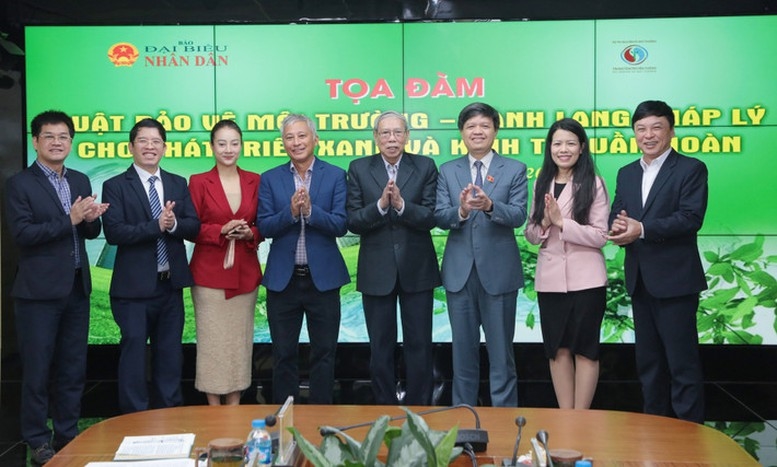 |
| Delegates attending the seminar. |
In his opening speech at the seminar, Deputy Editor-in-Chief of the People's Representative Newspaper Le Thanh Kim emphasized that in recent years, we have witnessed the serious impacts of climate change, environmental pollution and depletion of natural resources. This not only directly affects the quality of life but also threatens the stability and development of the economy . The Law on Environmental Protection, passed by the National Assembly in 2020 and taking effect in early 2022, marks an important step forward in building a legal corridor to protect and improve the environment. The law not only regulates environmental protection activities but also serves as a legal foundation for promoting green development and a circular economic model - a sustainable development trend in the modern world.
According to experts at the seminar, the National Assembly's promulgation of the Law on Environmental Protection (amended) in 2020 has created an important legal foundation to promote the circular economy and green development orientation in Vietnam. The law has a number of notable points, directly related to green development and the circular economy.
Emphasizing the importance of the circular economy, Vice Chairman of the Committee for Science, Technology and Environment Ta Dinh Thi said that in the new trend, with the new era, we will promote growth and development, carry out green transformation, digital transformation, then the development of the circular economy is becoming an increasingly urgent issue. This is also a key task to achieve economic growth, achieve the goal of reducing emissions, enhancing competitiveness, and the quality and efficiency of the economy. We also set a goal of achieving zero net emissions by mid-century.
In fact, although the Law on Environmental Protection has laid the first bricks to create a legal corridor for green development, sustainable development and circular economy, the implementation path is still full of difficulties and challenges: many businesses and people do not fully understand the circular economy as well as the long-term benefits of sustainable development; traditional consumption and production habits; limited financial and technological resources; the legal system is not yet synchronized; coordination between functional agencies is not tight, while the capacity to monitor and sanction violations is still limited; many businesses consider environmental protection as the responsibility of the State and have not actively applied sustainable production models. The role of the community in participating in people's recycling programs is still low...
Emphasizing green infrastructure, Associate Professor Dr. Nguyen Dinh Tho, Director of the Institute of Strategy and Policy on Natural Resources and Environment, Ministry of Natural Resources and Environment, said that we are currently ranked 94/160, which is low compared to the world. That shows that the difficulties in green transformation, circular transformation, low-carbon transformation... are very large. The scale of our "green" economy is still only at 2%, while the remaining 98% is still the "brown" economy. Therefore, the transition from a "brown" to a "green" economy is a circular economic model related to energy efficiency, Mr. Tho emphasized.
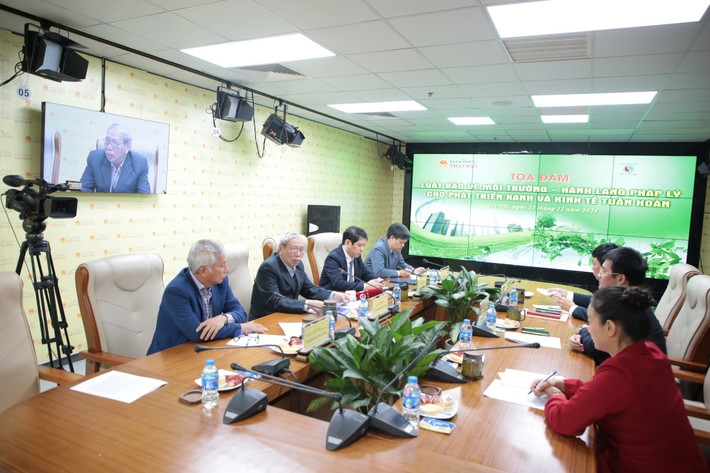 |
| Delegates all agreed on the importance of green economy and circular economy for social development. |
Dr. Hoang Duong Tung, Standing Member of the Vietnam Association for Conservation of Nature and Environment, said that Vietnam is an agricultural country, so green transformation, transformation to a circular economic model in agriculture is very necessary but is facing difficulties due to capital and technology requirements while banks and financial institutions want to lend to "green" businesses, but we do not have specific criteria to implement this issue. "Therefore, it is necessary to quickly remove these obstacles so that businesses can smoothly transform to a green economy, a circular economy. In addition, there should be technical instructions on standards, regulations, and conversion procedures for businesses to convert, to implement correctly and widely" - Mr. Tung said.
Vice Chairman of the Committee for Science, Technology and Environment Ta Dinh Thi proposed a solution: in international cooperation, we need to create a foundation to promote and create opportunities for international cooperation, take advantage of technological knowledge, support capital sources through mechanisms related to the Just Energy Transition (JETP) or other mechanisms adopted at COP26, COP29, and have investment funds to promote initiatives and projects on circular economic development.
However, to achieve the set goals, there must be a roadmap, a specific plan, and steps appropriate to the development conditions. “I think that at this point we need to take more action, implement effectively and substantially at all levels, especially at the enterprise, local, and grassroots levels,” Mr. Ta Dinh Thi suggested.
The guests also gave many opinions and new perspectives on the implementation of specific laws on green growth orientation, circular economy and law implementation management practices in sectors, levels, businesses and communities; contributing to spreading the spirit of responsibility and creativity in the new era of development of the country; for a prosperous and happy life of the people./.
Source: https://dangcongsan.vn/kinh-te/tao-hanh-lang-phap-ly-cho-phat-trien-xanh-va-kinh-te-tuan-hoan-687285.html







![[Photo] Opening of the 14th Conference of the 13th Party Central Committee](https://vphoto.vietnam.vn/thumb/1200x675/vietnam/resource/IMAGE/2025/11/05/1762310995216_a5-bnd-5742-5255-jpg.webp)

















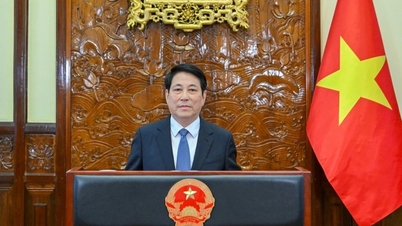

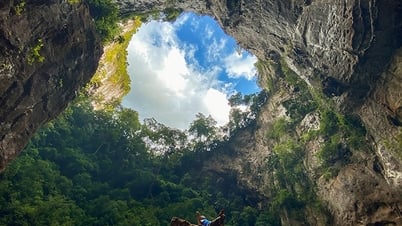
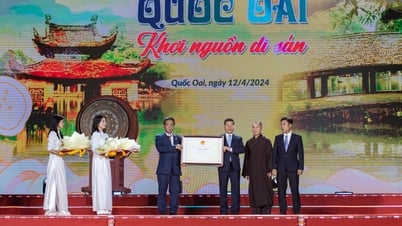

![[Photo] Panorama of the Patriotic Emulation Congress of Nhan Dan Newspaper for the period 2025-2030](https://vphoto.vietnam.vn/thumb/1200x675/vietnam/resource/IMAGE/2025/11/04/1762252775462_ndo_br_dhthiduayeuncbaond-6125-jpg.webp)

































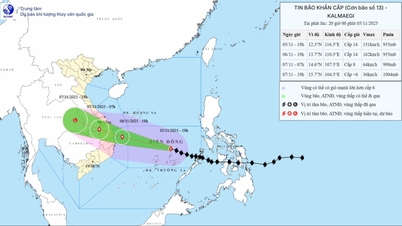














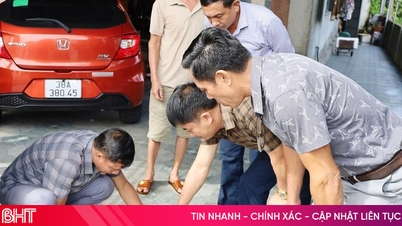



![[Motion Graphics] 5 notes when converting from lump-sum tax to declaration](https://vphoto.vietnam.vn/thumb/402x226/vietnam/resource/IMAGE/2025/11/06/1762381214740_fb_thoi-tiet-cms-1200x800-3.jpeg)
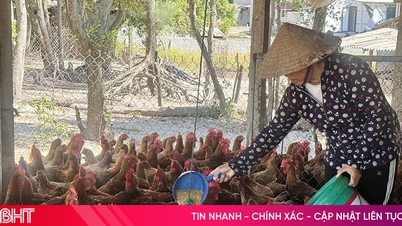
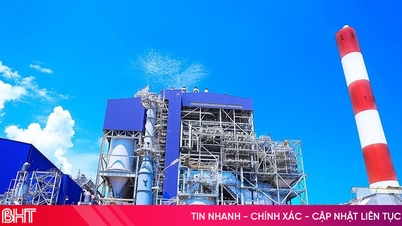
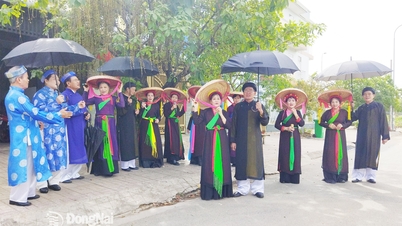












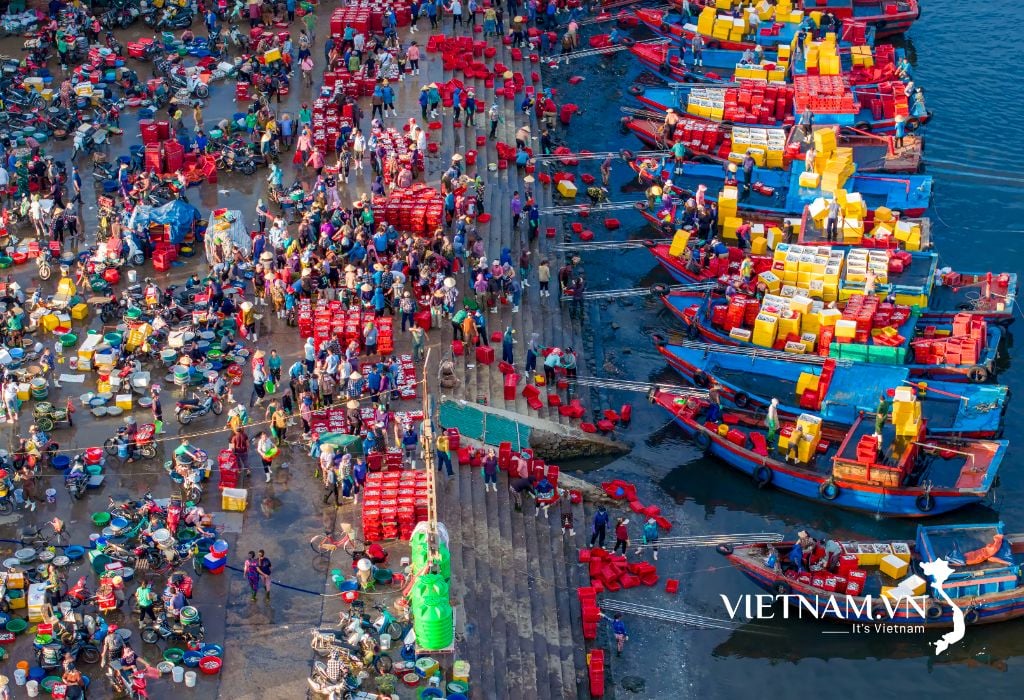


Comment (0)